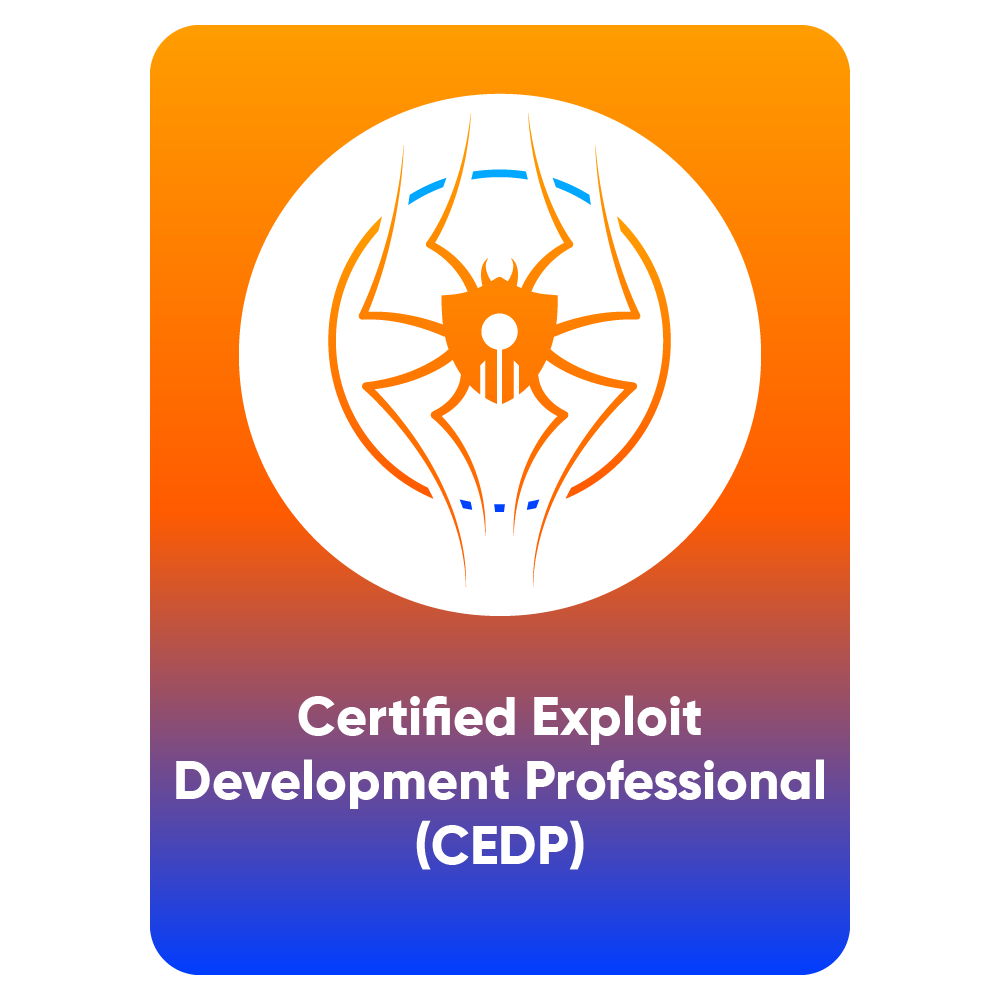
This course is designed to provide a comprehensive foundation for anyone interested in learning malware development. The primary objective is clear yet impactful: bypassing Windows Defender by creating a fully functional shellcode loader using the Go programming language. By the end of this course, you will have the essential knowledge and skills to build on, setting the stage for further exploration into offensive security and advanced malware techniques.
We begin by exploring the Windows API, a critical toolkit for low-level interaction with the Windows operating system. You’ll learn how to use these APIs to execute shellcode, allocate memory, and create loaders. Each step is broken down into practical, hands-on lessons that demonstrate how simple Go code can evolve into a powerful executable capable of manipulating and navigating the Windows environment.










